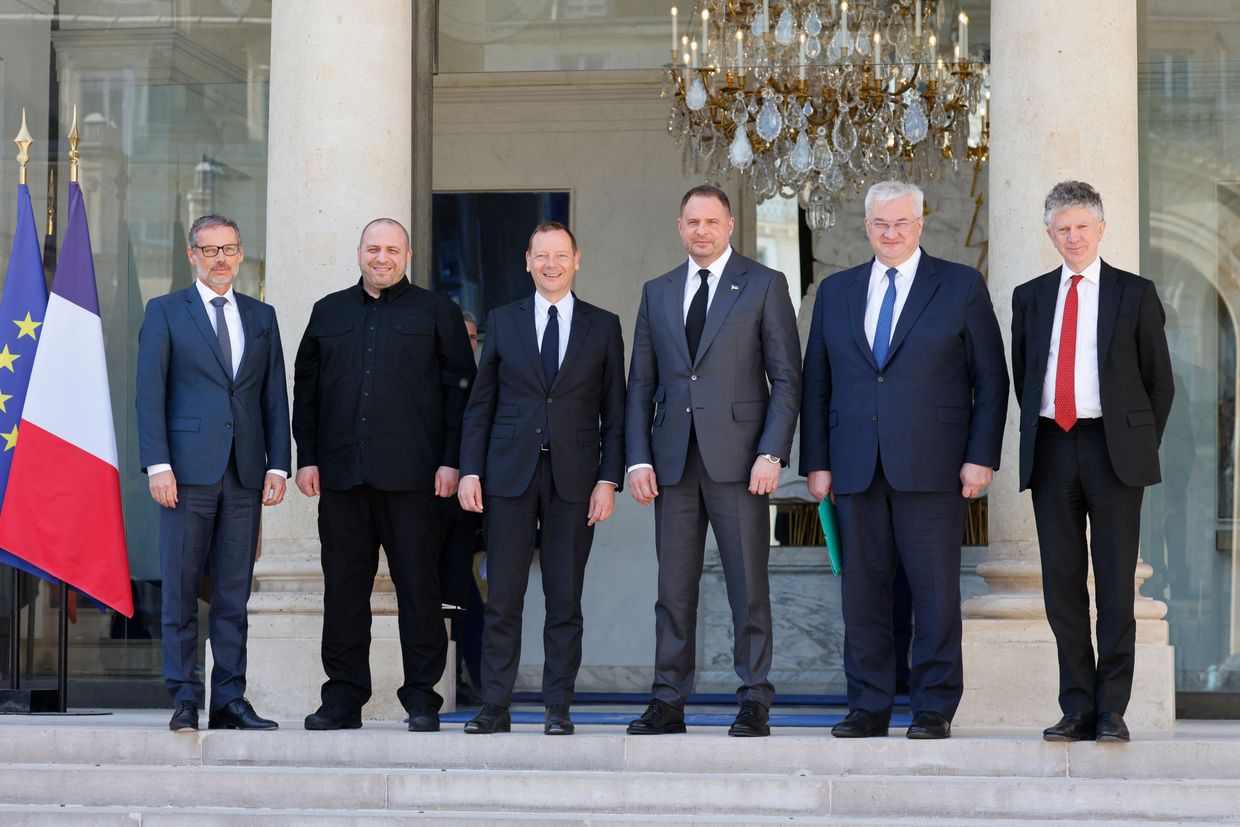Russian ruble becomes top-performing currency amid Trump trade war, peace hopes

The Russian ruble has posted the world's strongest gains against the U.S. dollar in 2025, surpassing traditional safe-haven assets like gold, Bloomberg reported on April 15.
According to Bloomberg's calculations, the ruble has appreciated by 38% against the dollar in the over-the-counter market since the start of the year, outpacing gold's 23% rise.
The surge comes amid a combination of domestic policy measures, a weakening dollar driven by U.S. President Donald Trump's new trade war, and renewed speculation about a potential peace deal in Ukraine.
Analysts point to a February phone call between Russian President Vladimir Putin and Trump as the moment when markets began factoring in the possibility of de-escalation.
The ruble has also been buoyed by Russia's sky-high key interest rate, which currently stands at 21%. The tight monetary policy has curbed domestic demand and slashed import volumes, which fell 10% year-on-year in February.
The currency's strength presents risks to Russia's war-fueled budget. With government spending heavily inflated by military expenditures in early 2025, the ruble's appreciation undermines revenues from oil exports — the Kremlin's primary source of hard currency.
Oil revenues, already weakened by plummeting global prices, now yield fewer rubles due to the ruble's strong exchange rate. The Russian federal budget was calculated with an average rate of 96.5 rubles per dollar, 14% below current levels.
While the ruble's rise reflects short-term gains, its long-term sustainability depends on volatile external factors — including the outcome of negotiations over war in Ukraine and Trump's increasingly confrontational global trade policy.
On April 9, Trump reduced tariffs to 10% for 90 days for 75 of the 211 countries against which they were previously imposed. Markets reacted with a sharp rise in stock indices and oil prices.












